Anshun land Opera
Anshun land Opera
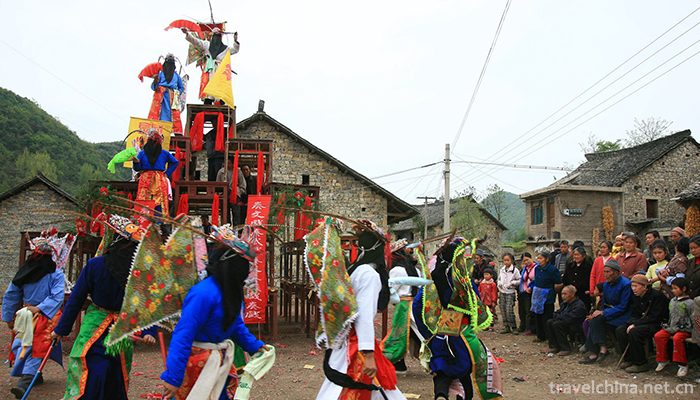
Anshun Dixi Opera, a local traditional drama in Anshun City, Guizhou Province, is one of the national intangible cultural heritage.
Anshun local opera is popular in Anshun, Pingba, Huishui and other cities and counties. According to legend, the local opera originated from the army of Guizhou in the Ming and Qing Dynasties. Each Opera Troupe specializes in singing a whole opera, such as "General Yang Jia", "Yue Zhuan" and so on. Anshun opera music is rough, simple accompaniment, generally adapted to performance in the wilderness. Actors wear faces (masks) and veils. The weapon is very short, but the range of action is very large.
On May 20, 2006, Anshun Dixi Opera was approved by the State Council of the People's Republic of China to be included in the first batch of national intangible cultural heritage lists with the heritage number IV-90.
historical origin
Anshun Dixi Opera originated from Anshun Tunpu, and Anshun Tunpu originated from Zhu Yuanzhang's Northern Expedition and Southern Expedition in the early Ming Dynasty. According to the Record of Food and Goods in the Ming Dynasty, "In the early Ming Dynasty, every town had farmland for the first army, which was enough to support the first army. What was the salary of the officers in the guard's office?" Qiu Jun's "University Derivative Supplement" said: "The only system of my dynasty is to set up fortresses in the vacant areas where the guard house is located, so that it can cultivate and fight." This shows that every place where there is a guardhouse has a field, and the guardhouse has a close relationship with the army. Guizhou has many health centers. In the early Ming Dynasty, there were twenty-four health centers. Because of the difficulty in transporting grain, the army could only rely on "planting food for itself".
Local opera is also called "Jumping God", and its origin is related to the survival choice of Tunpu people. According to the Chronicle of Anshun Mansion, "When the grass-lai was opened up, the people were accustomed to ease, accumulated for a long time, and the military affairs were gradually abandoned. How could peace last for a long time?" The knowledgeable worry about it, so there is a divine dance. In order to exercise military affairs, we should not be strangers, but should have the deep meaning of containing soldiers in agriculture. As a militia and a soldier, Tunpu people take up weapons when war breaks out, and peasants who are busy cultivating in peacetime are ordinary peasants. With the growing stability of the Daming River and Mountains, Tunpu people have become accustomed to a comfortable life. In order to prevent the trend of "the gradual abandonment of military affairs", the "knowledgeable" has come up with a way to practice martial arts in Dangshen, which is the reason why local operas only perform martial arts instead of literary operas.
The Chronicle of Anshun Prefecture, compiled in the 1930s and 1940s, records: "The God dancer wears a blue scarf, a waist apron, a mask on his forehead, a spear, a sword and halberd in his hand, sings and dances in response to the voice." The historical facts recorded in the manuscripts of Renewal of Anshun Fuzhi began in Xianfeng period of Qing Dynasty and reached the early period of the Republic of China. This shows that at least in the late Qing Dynasty, the performances and forms of Anshun Di Opera have existed, and they have been carried on to this day.
Cultural characteristics
Performance procedure
The performing procedures of Anshun Di Opera are generally divided into "open box", "invite god", "top god", "seal box" and so on. Among them, "Jumping God" is a formal performance, which is divided into "setting up a dynasty", "next battle table" and "Hui dynasty". The rest are Nuo Opera activities with elements of exorcism Naji.
Form of performance
The main performing forms of local opera are singing and dancing. Singing is a rap without musical instrument accompaniment. It has no line of business, only male and female roles and no male and female voice. The characters in the play tell the story while speaking and singing. Its dance, in fact, is "fight", which is the performance of fighting scenes. The 30 or so books are the favorite generals of Xue, Yang, Yue, Di, the heroes of the Three Kingdoms and the heroes of Wagang. The content is single, only the story of the Golden Golden Horse's campaign, no talented and beautiful people's drama, Qing official drama, Greenwood rebellion drama, grotesque mythology drama, only praise loyalty, praise the loyal ministers and good generals of the country, reflecting the times from Shang and Zhou to Ming Dynasty.
Singing features
The aria of Anshun Di Opera belongs to the single variation repetition (also known as "single repetition"). Most of the arias are composed of a two-sentence variation repetition. The two-sentence single of the Di Opera aria is the upper and lower sentence structure with different ends. Each of the following sentences has a helpful aria when singing. Each opera troupe's singing voice presents certain villages, individuality and wandering, the tone is not uniform, and the position of the assistant tone is also different.
Outfit
The costumes of Anshun opera mainly include face, flag, pheasant tail, long gown, war dress, weapons, handkerchiefs, folding fans, etc. Except for the prominent features of face, other lines are similar to those of the same kind in classical opera, especially by flags, pheasant tails, long gowns, battle gowns and skirts.
Representative repertoire
Anshun Dixi Opera is compiled according to the historical period as follows: The Romance of Fengshen, The Big Broken Iron Yang, The Records of Eastern Zhou Dynasty, The Struggle between Chu and Han Dynasties, The Romance of Three Kingdoms, The Great Anti-Shandong, Four Horses to Tang Dynasty, Luo Tong Sao Bei, Xue Rengui Zhengdong, Xue Dingshan Zhengxi, Xue Gang Anti Tang, Fanfanfanfanlou, Guo Ziyi Zhengxi, Cang Tang and Erxia. Southern Tang Dynasty, Early Lower River East, Erxia River East, Sanxia River East, Jiuzhuan River East, Erxia Pianguan, Bahu Running Youzhou, Wuhu Pingnan, Wuping West, Yue Fei Zhuan, Yue Lei Qingbei, etc.
Inheritance and protection
Inheritance value
Cultural value: the social function of Anshun Dixi Opera's historical relics of showing its martial force and increasing its prestige; its script structure preserves the research value of Song and Yuan Dynasty's lecture and singing literary style; its research value of rich ancient folk culture factors; its unique aesthetic value of mask craft; its unique historical and cultural value of Tunpu people; its religion of consoling Ying and dispelling evil Naji. Cultural value.
Dramatic value: the research value of Anshunde Opera Yiyang Ancient Opera; the comparative research value of its standardized rituals and ritual plays in Jiangnan and other regions; the research value of theatrical factors contained in its performance program; and the research value of its development process in the transition from Nuo Opera to drama in the history of Chinese opera.
Social Value: Local opera is an important part of Tunpu culture, and together with other cultural phenomena of Tunpu people (language, clothing, architecture, belief, folklore, art, etc.), it constitutes a 600-year-old legacy of Ming and Qing Dynasties and the lingering charm of Jiangnan, which attracts the attention of people at home and abroad.
Economic value: Anshun Dixi's humanistic landscape is the highlight of tourism development. The development and economic development of central Guizhou and Guizhou, as well as the research value of advanced farming technology and mode of production in the south of the Yangtze River.
Inheritance status
The inheritance dilemma faced by Anshun local opera culture is multifaceted. It has its own reasons and external shocks. In the wave of modernization, the external shocks are so large and wide that it is difficult for traditional culture to adjust to its duality with modernization in a short time, which makes traditional culture inevitably face the inheritance dilemma.
The lack of inheritance subject is the biggest dilemma faced by the inheritance of local opera culture. Under the impact of the market tide, the main body of inheritance of local opera culture is facing the dilemma of loss, alienation and complete extinction. The final extinction of the main body of inheritance will mean the end of the cultural cause of local opera. After the reform and opening-up, stimulated by the increasingly rich material conditions, people's values are becoming more and more diverse. The principle of money supremacy urges people to go out of villages to pursue material interests. The prevalence of the trend of working diverts a large proportion of young labor force. These people contact the outside society earlier and are greatly influenced by the outside world. Most of them are reluctant to follow the old artists for economic purposes. As an important part of the chain of inheritance, young people are increasingly disconnected from traditional culture under the impact of commodity economy. With the development of the times, the popularization of television and Internet is a great test for young people in Tunpu. The new audiovisual effect is more in line with the aesthetic view of young people. They are more likely to integrate into the rhythm of modern society, thus more inclined to modern culture. Local local opera culture gradually withdraws from their horizons. The loss of young people is undoubtedly the "bottom draws salary" of local opera culture. It is gradually losing its market and carrier, and family members and young people as the main body of inheritance no longer assume the original function of inheritance. The change and disappearance of the main body of inheritance means the final extinction of the cultural matters it carries. The cultural level of local opera culture inheritors is generally low, and the age distribution is uneven, the aging of the team is serious, facing the embarrassment of lack of successors. For the local opera culture inherited orally, the lack of intergenerational transmission is likely to cause the break of cultural heritage.
Inheriting characters
Gu Zhiyan, male, Han nationality, born in December 1940, is a native of Jiuxi Village, Daxiqiao Town, Xixiu District, Anshun City, Guizhou Province. In February 2008, Gu Zhiyan was selected as the representative successor of the second batch of national intangible cultural heritage projects and declared in Anshun, Guizhou Province.
Zhan Xueyan, male, Han nationality, was born in May 1950 in Zhanjiatun Village, Jiuzhou Town, Xixiu District, Anshun City, Guizhou Province. In February 2008, Zhan Xueyan was selected as the representative successor of the second batch of national intangible cultural heritage projects and declared in Anshun, Guizhou Province.
protective measures
In 2006, Anshun Dixi Opera was included in the first batch of national intangible cultural heritage protection list, which is one of the most effective protection measures. Secondly, collecting and sorting out the material materials of Anshun Dixi opera, compiling a book, retaining it in the world and passing it on to later generations. This work has been carried out since the 1990s, editing and publishing Anshun Play Thesis Collection (Shen Fuxin, Shuai Xuejian, etc.), Anshun Play Selected Collection (Shuai Xuejian edited), and so on.
social influence
Honorary commendation
In 2006, Puding County of Guizhou held a local opera contest. Zhan Xueyan led the "Three Kingdoms" opera team and won the first prize for "Zhengtongguan".
social activities
On October 19, 2018, Guizhou Anshun's second local opera cultural exhibition with the theme of "inheriting non-heritage opera culture to promote local harmonious development" opened in Tunpu, Miaoling, Anshun City, Guizhou Province. Seventy-two local theatre troupes will present many local operas during the three-day exhibition.
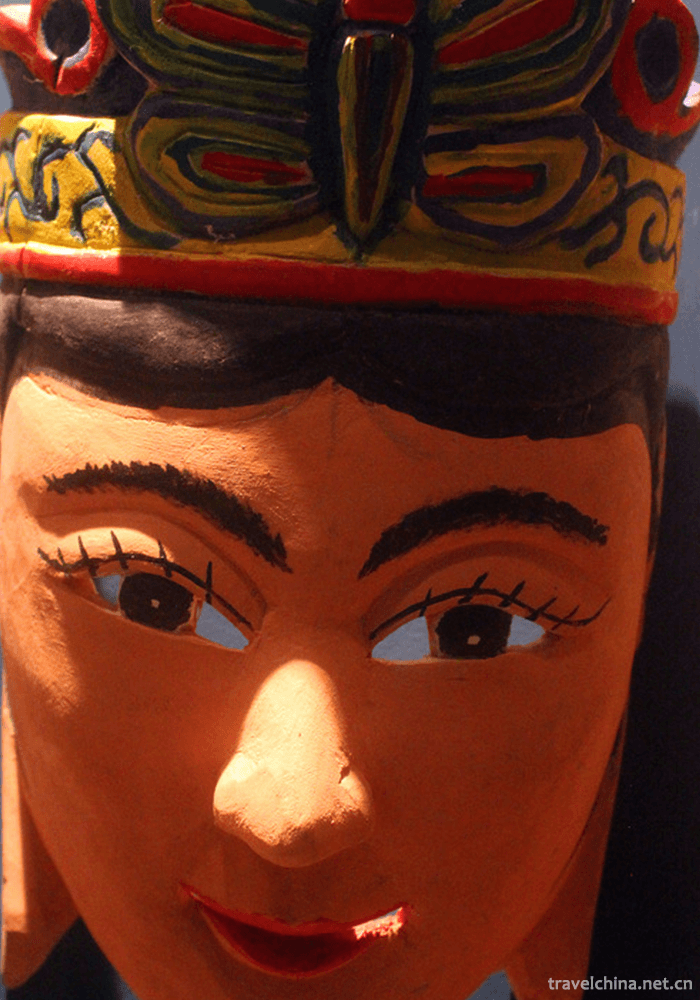
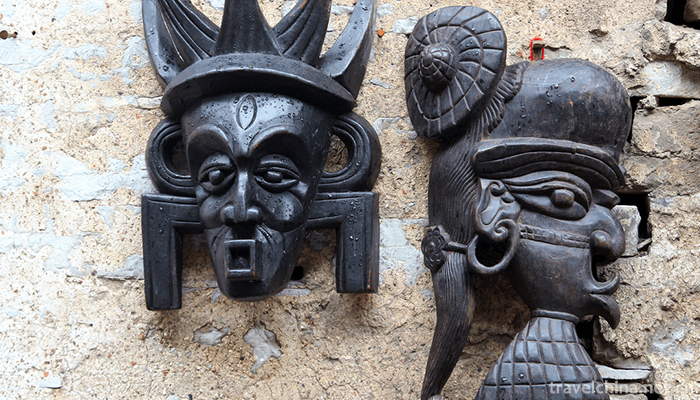

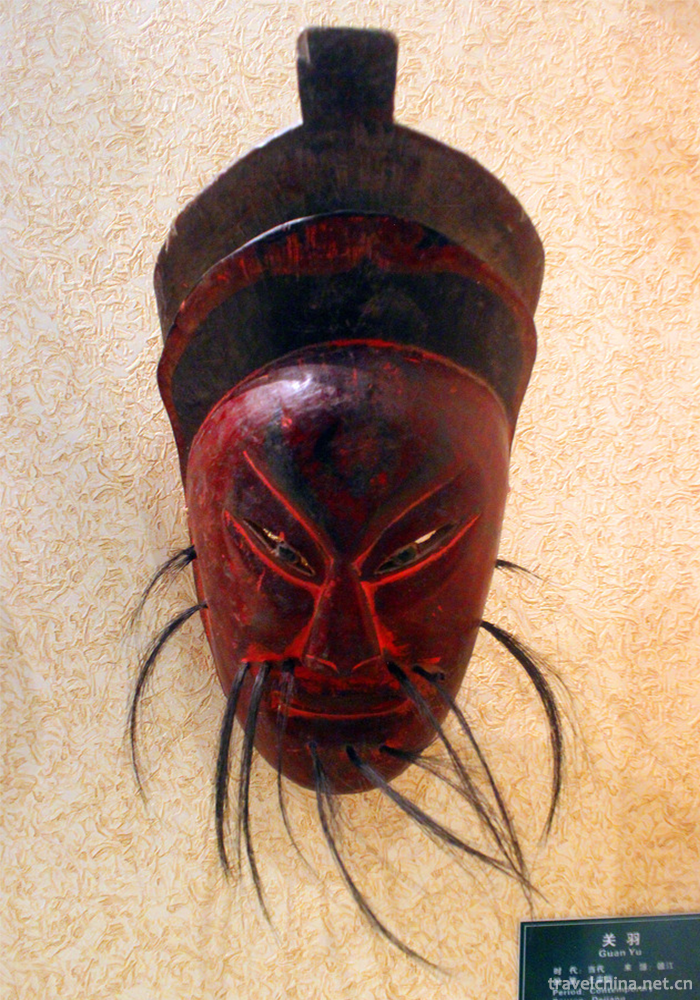
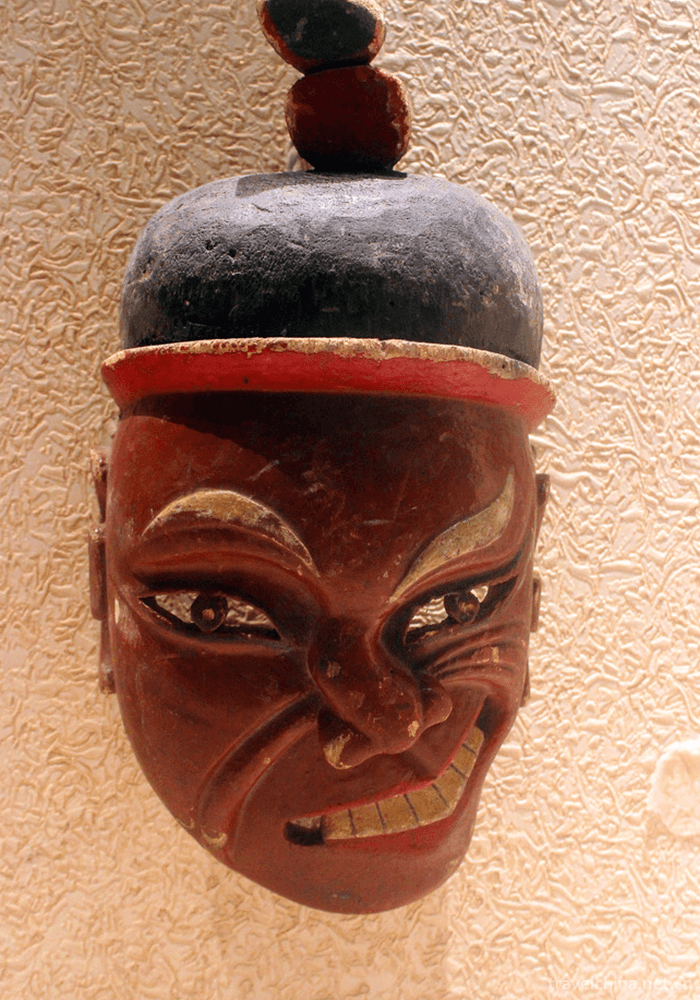
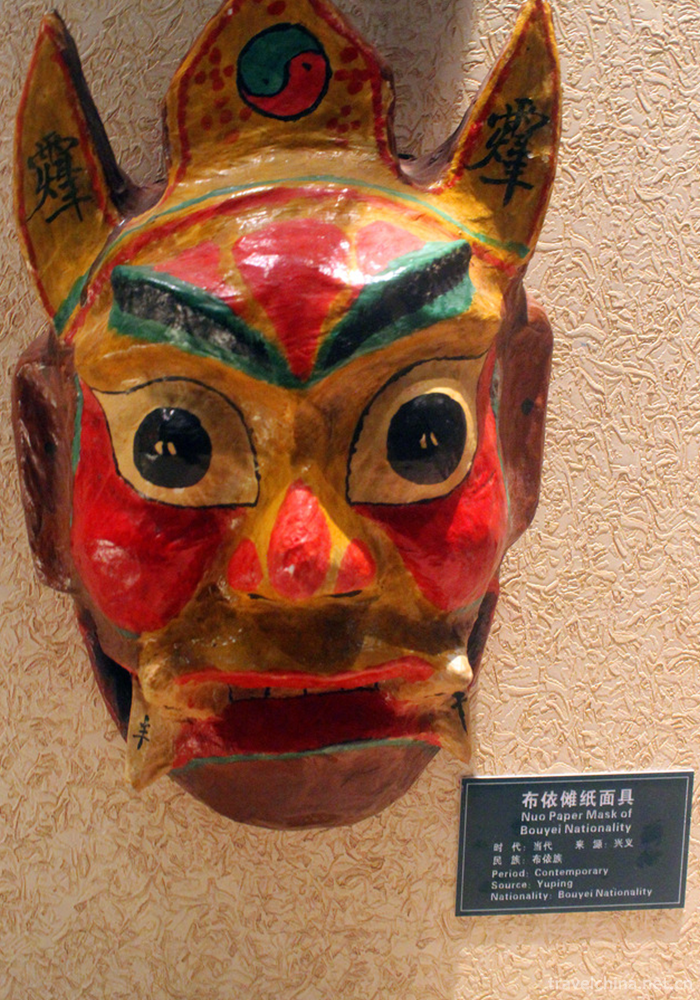
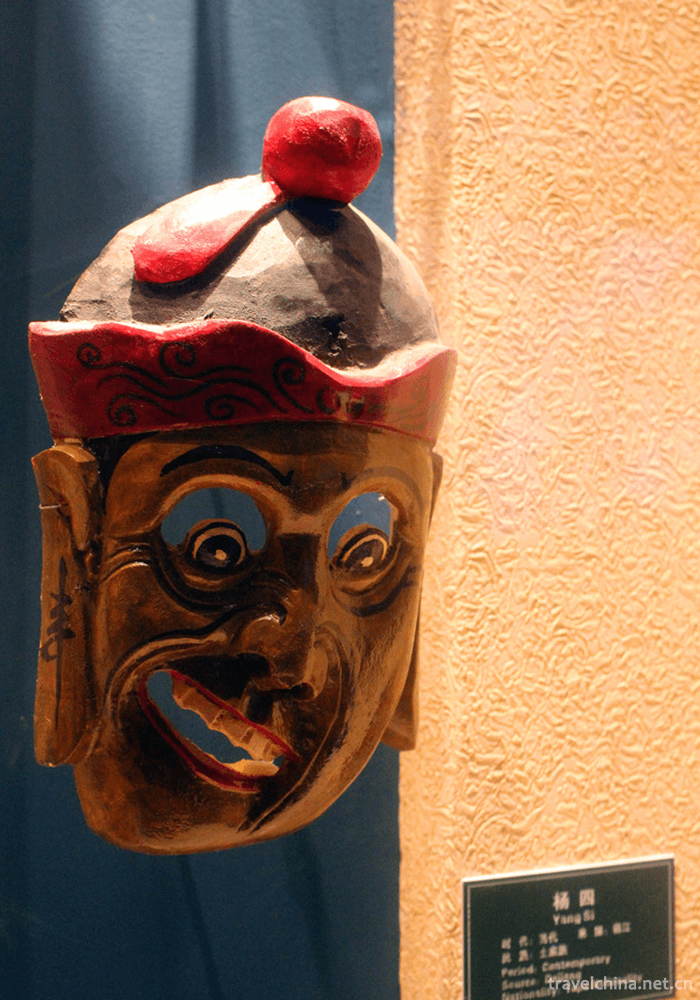
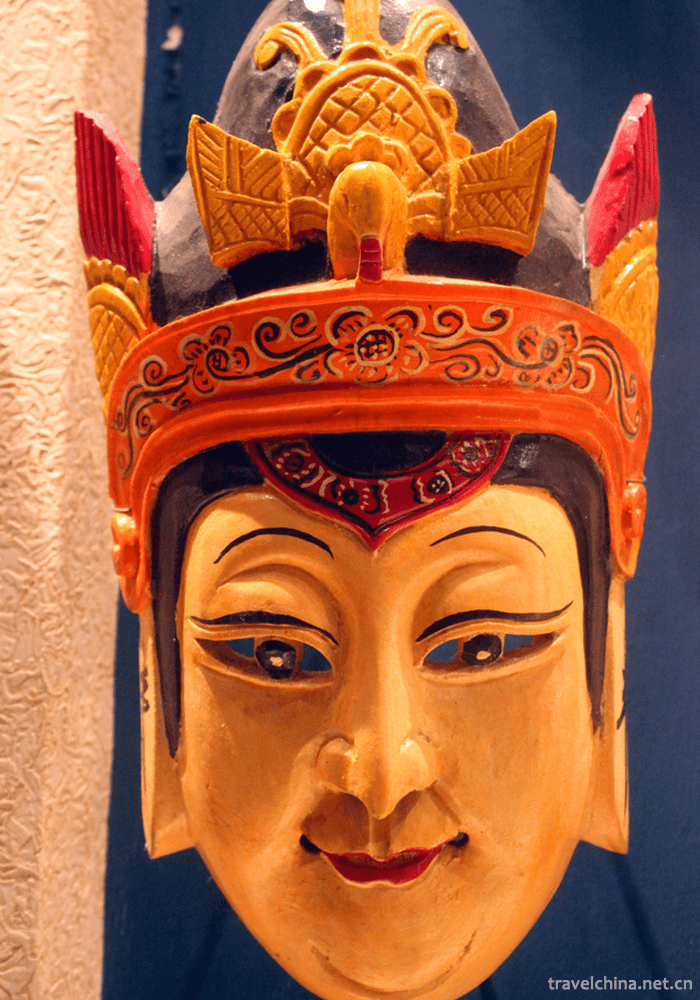
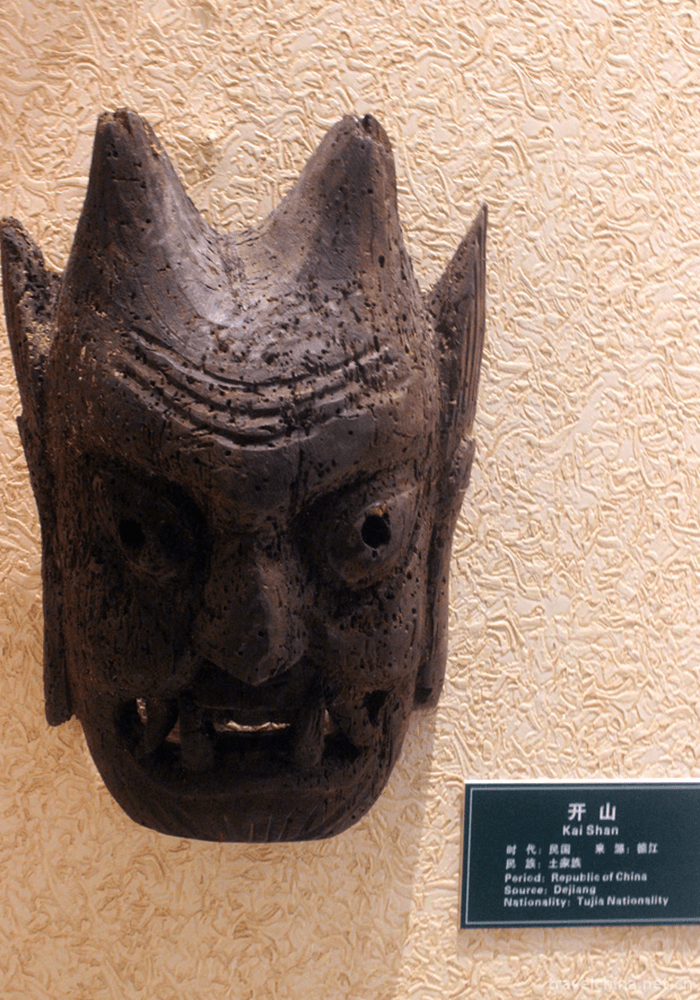
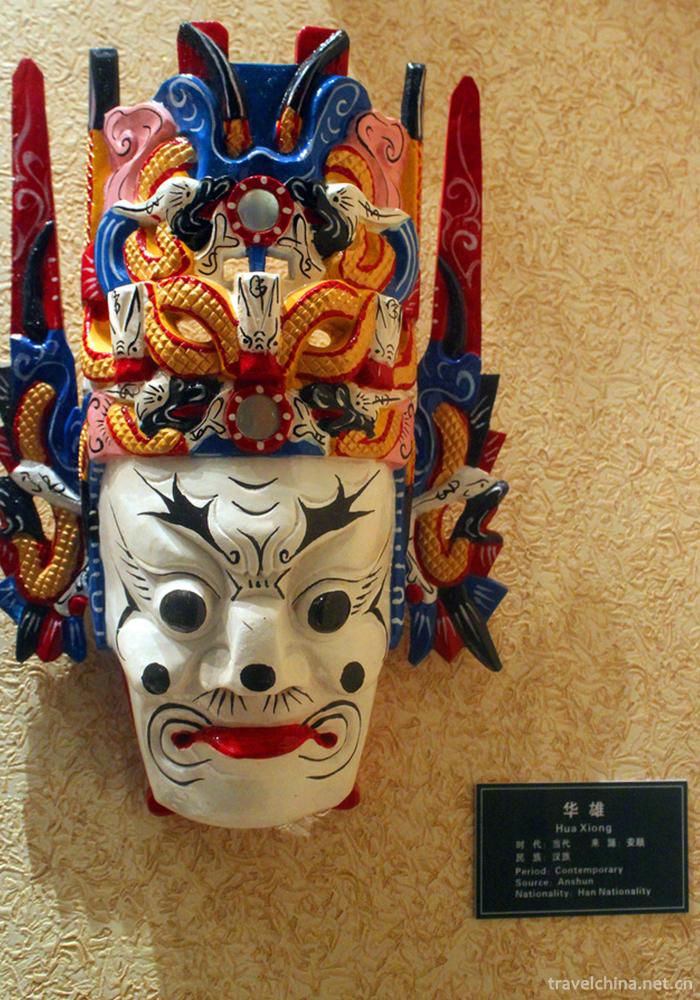
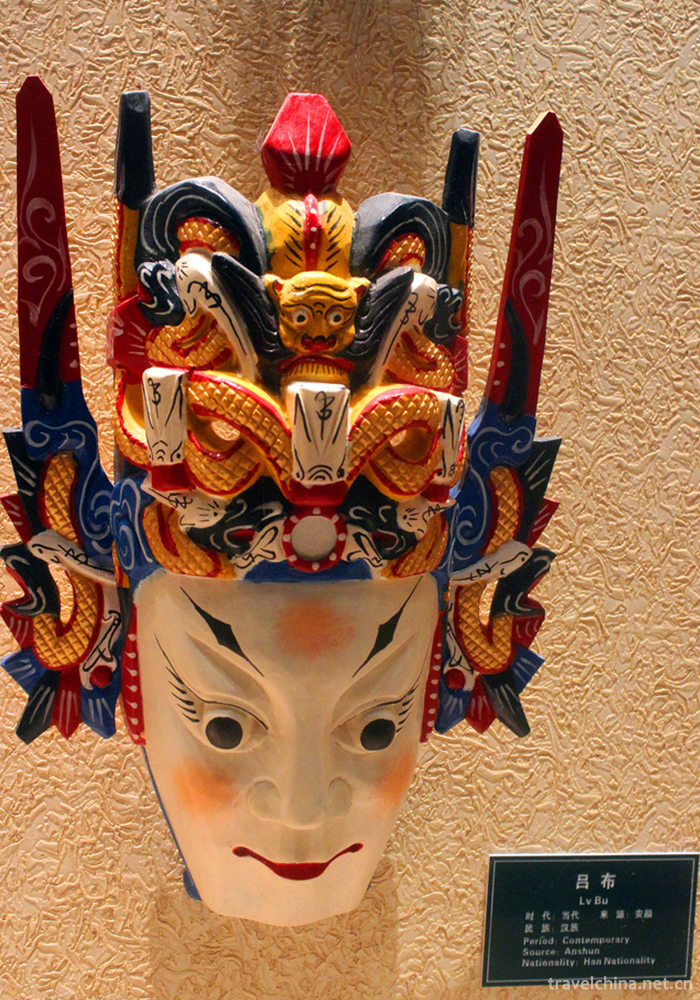
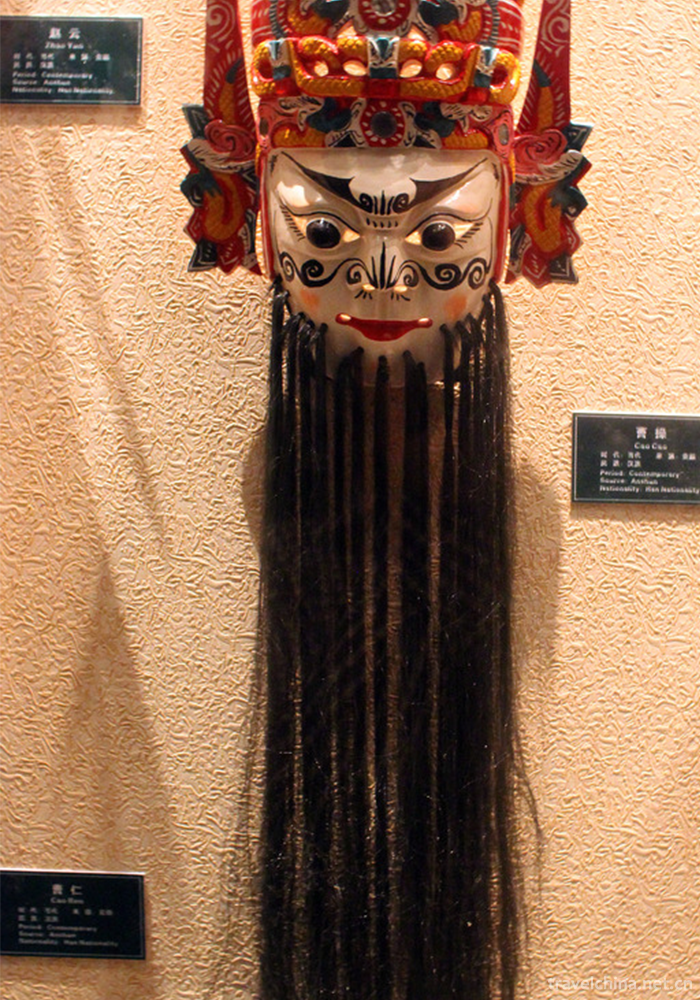
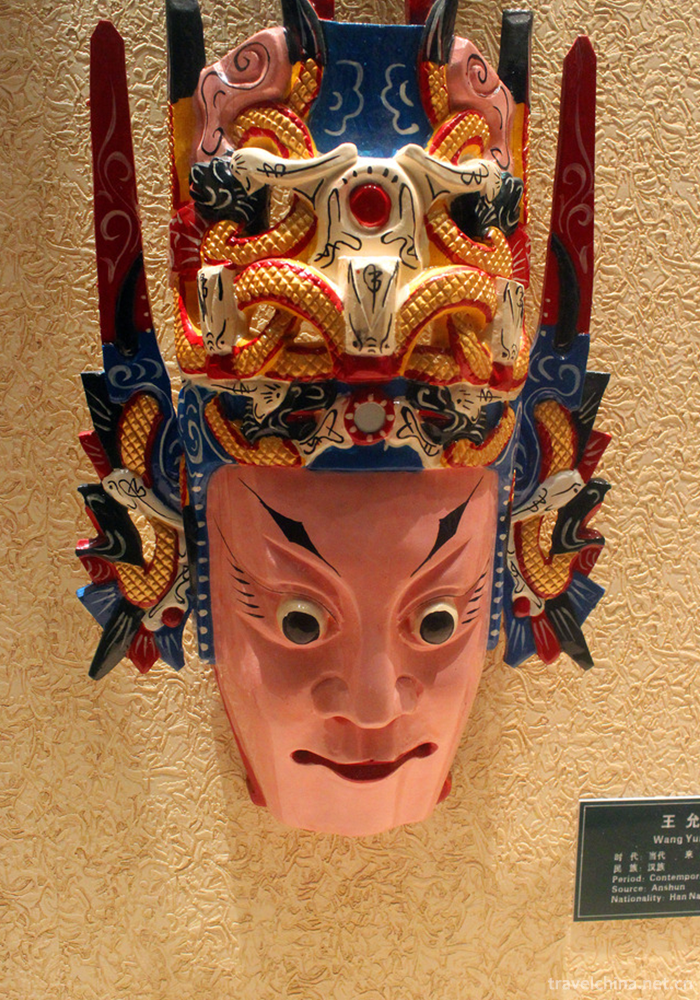
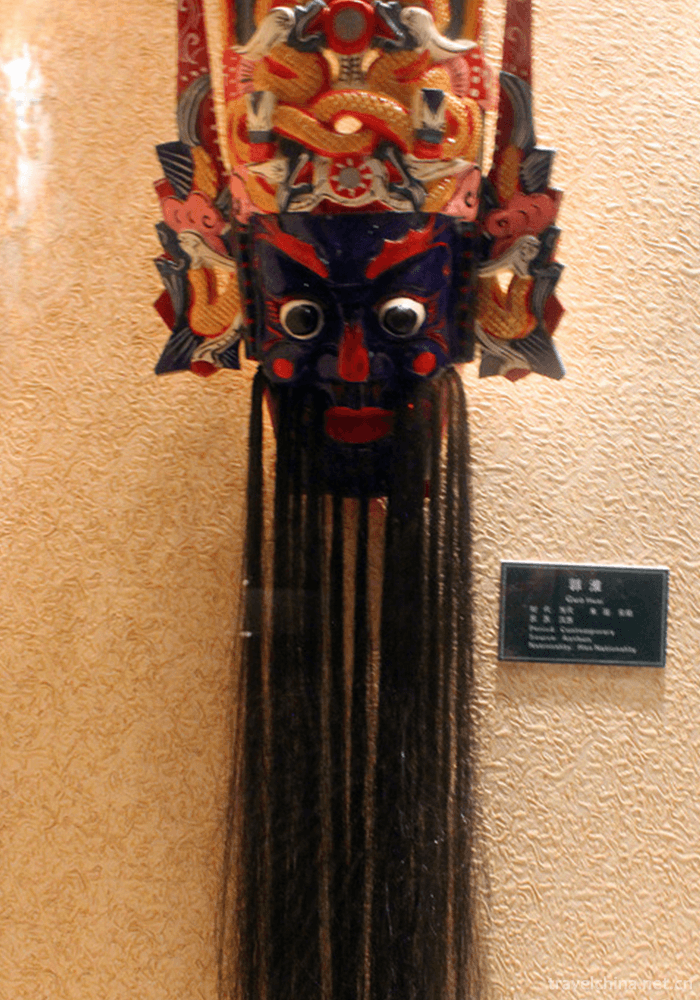
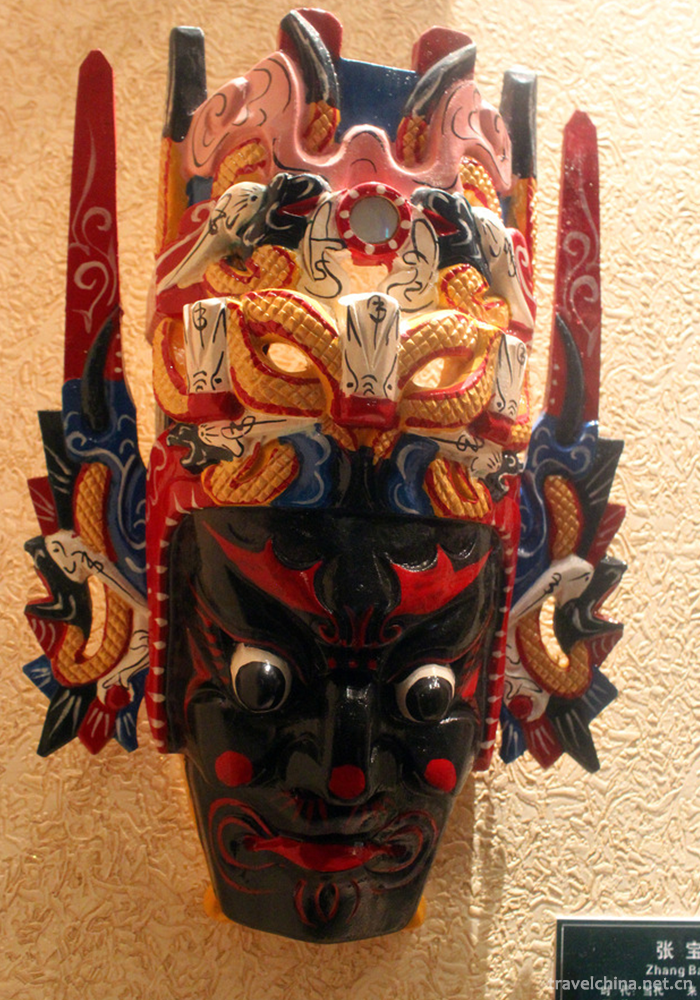
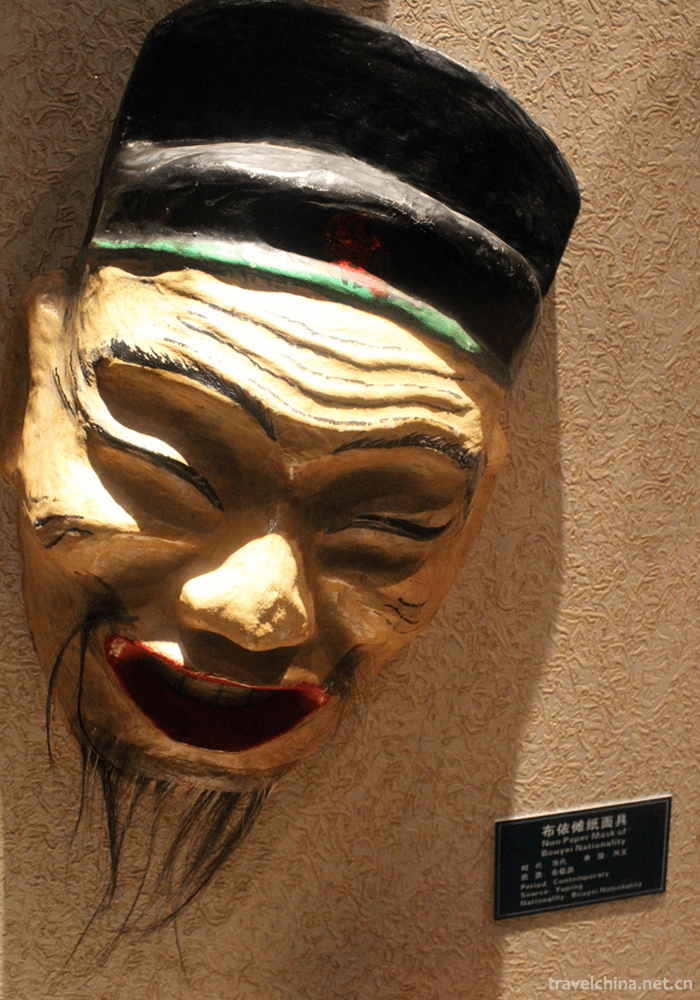
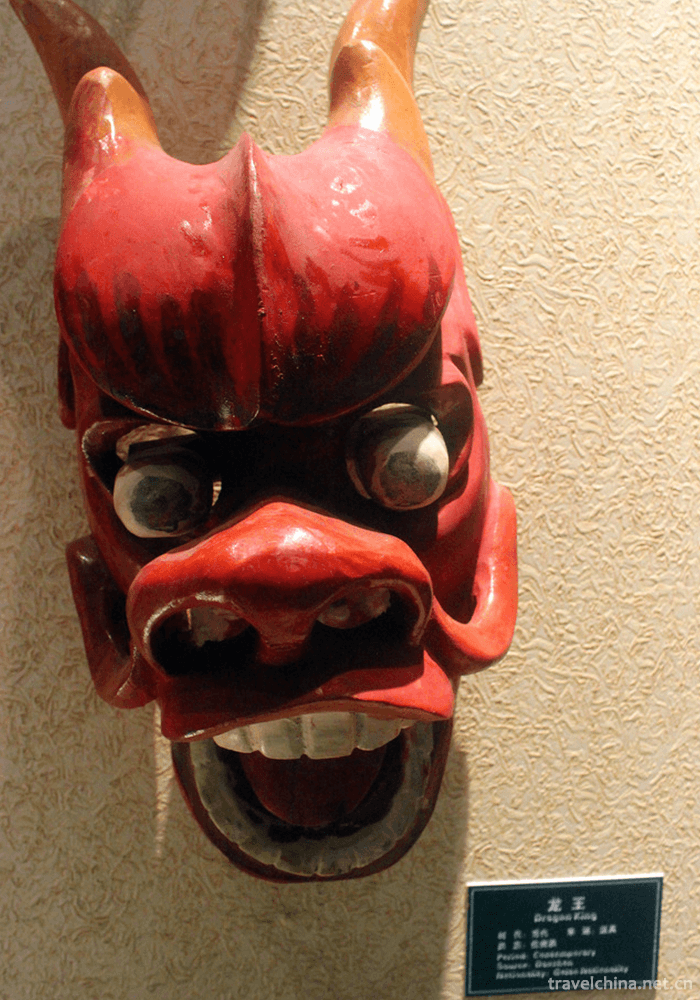
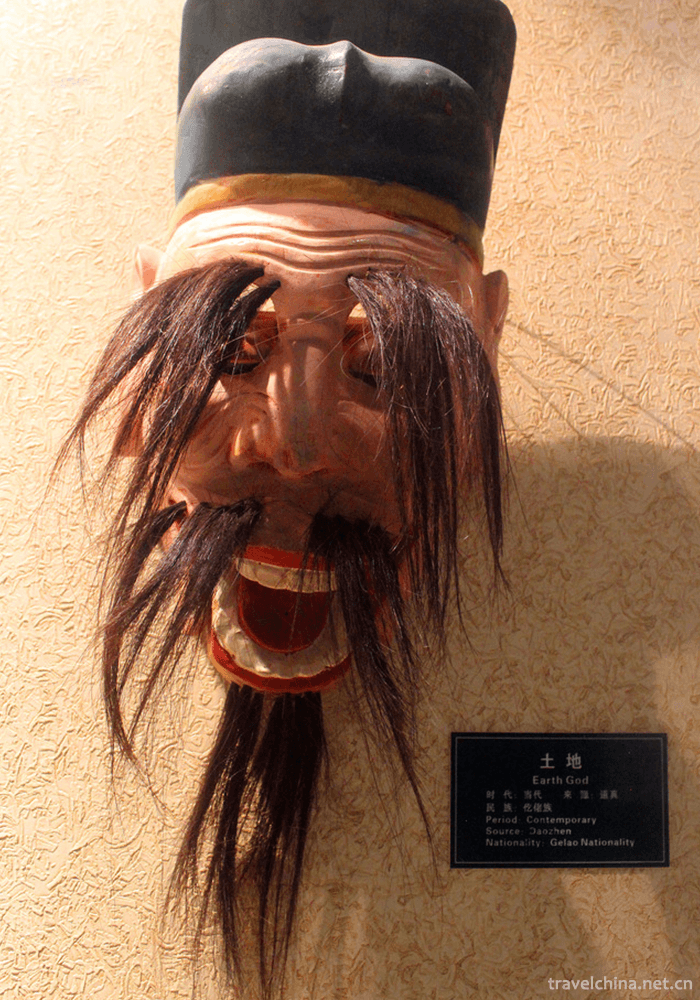
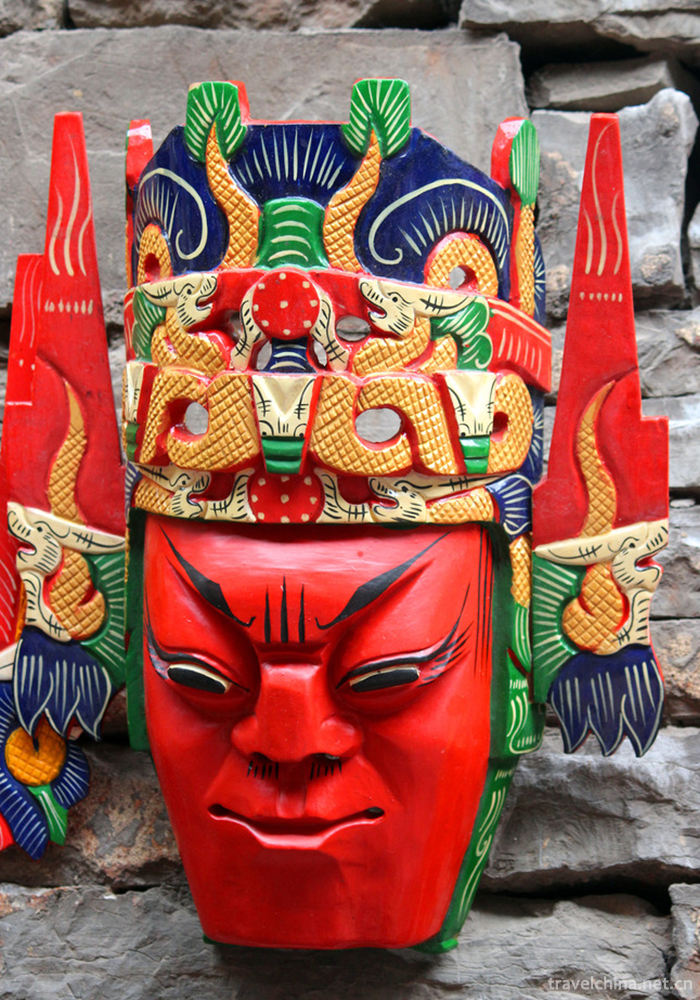
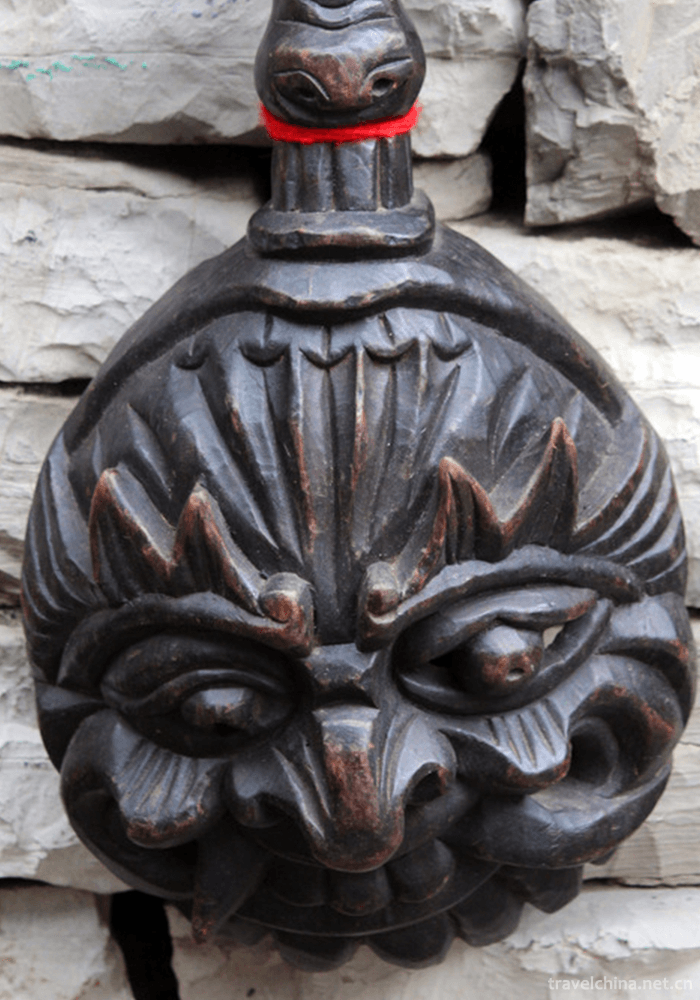
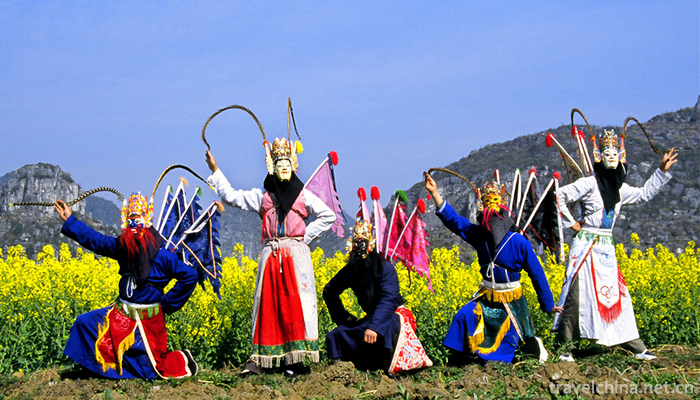
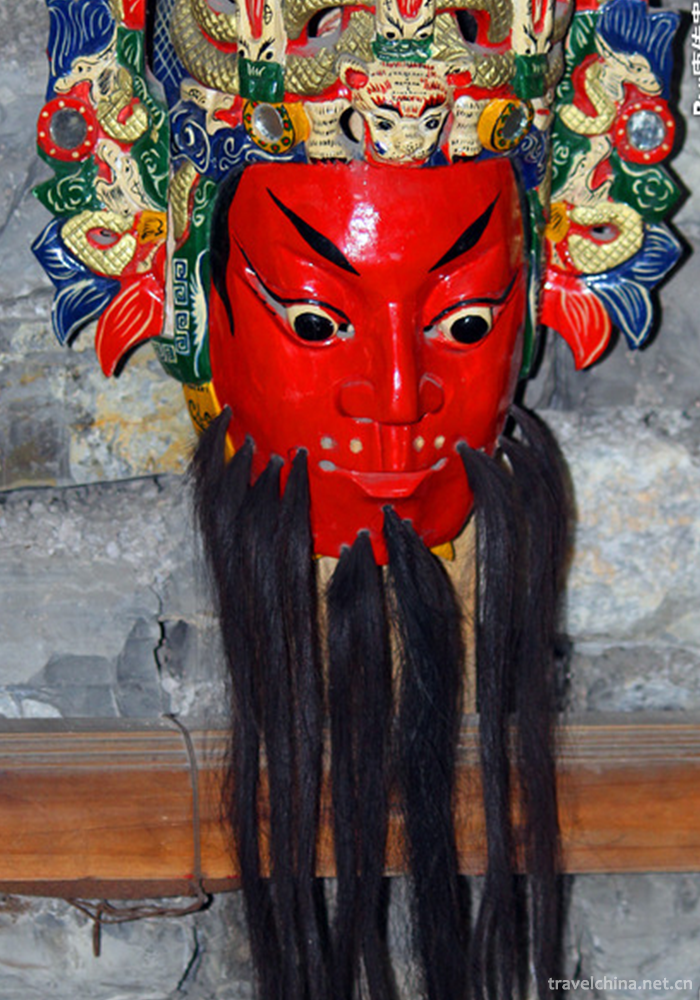
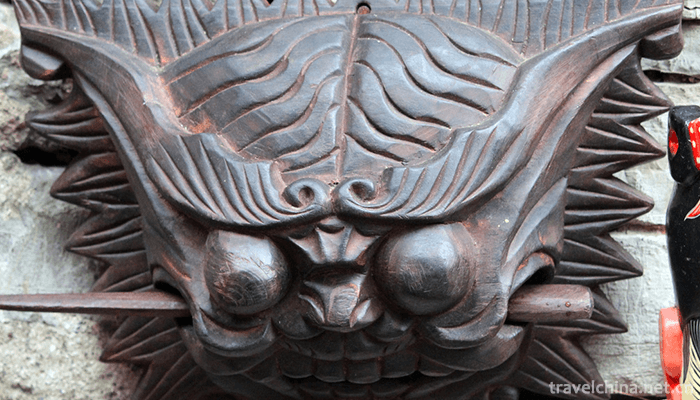
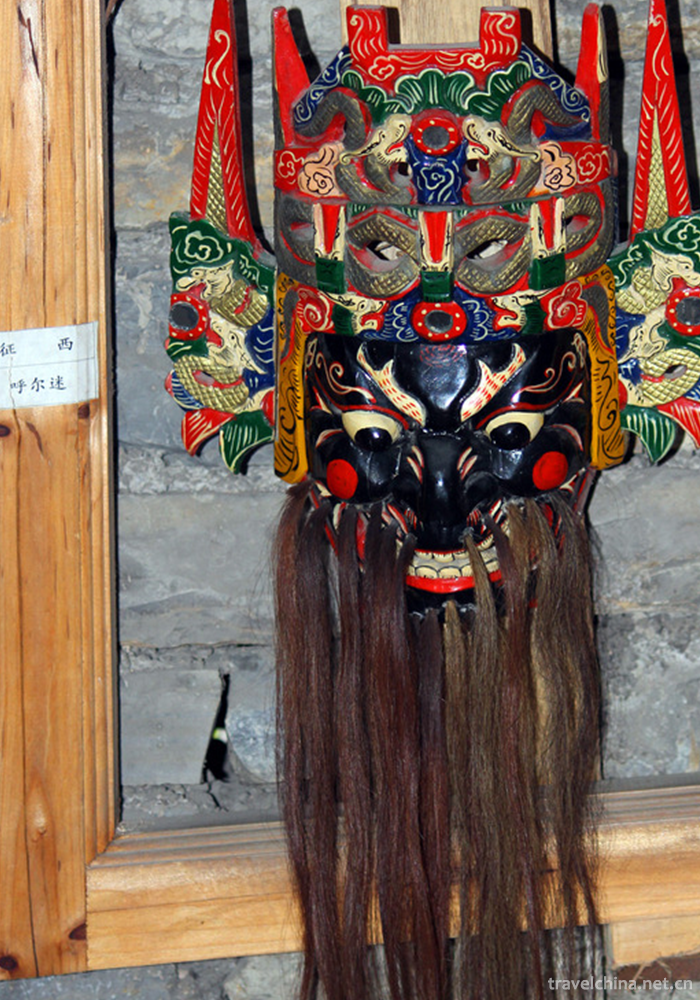
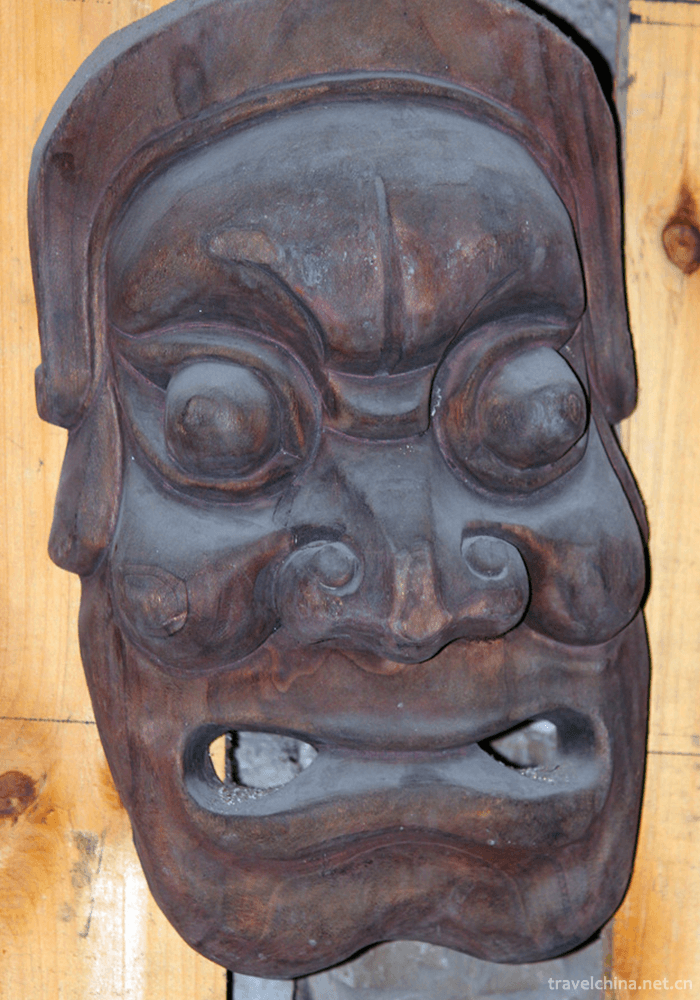
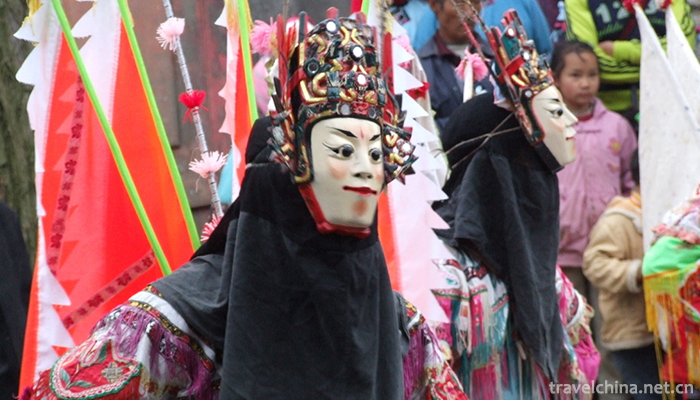
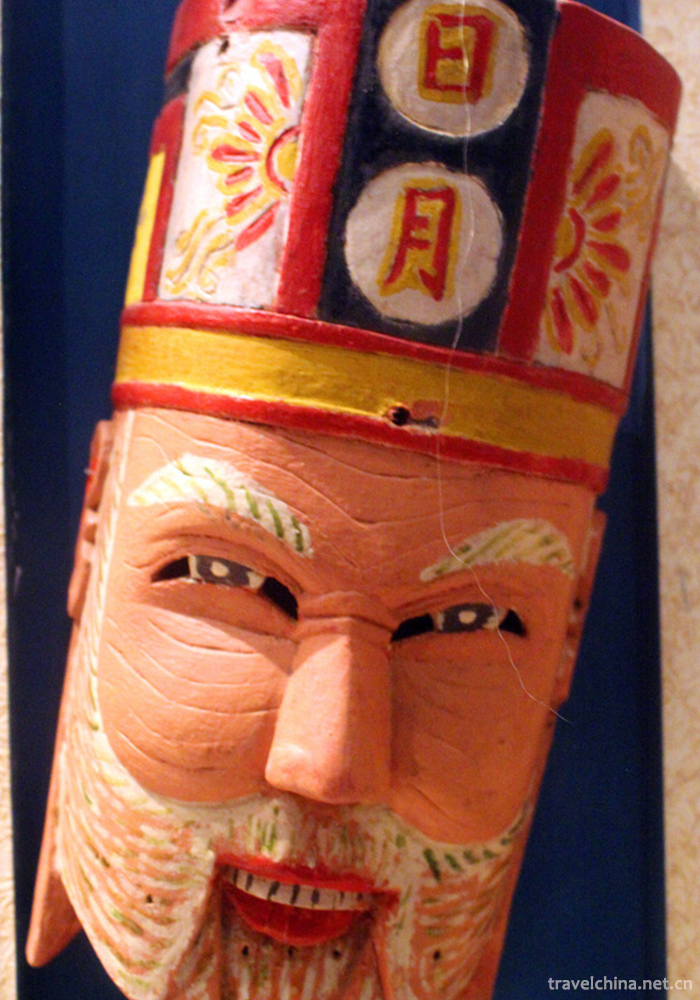
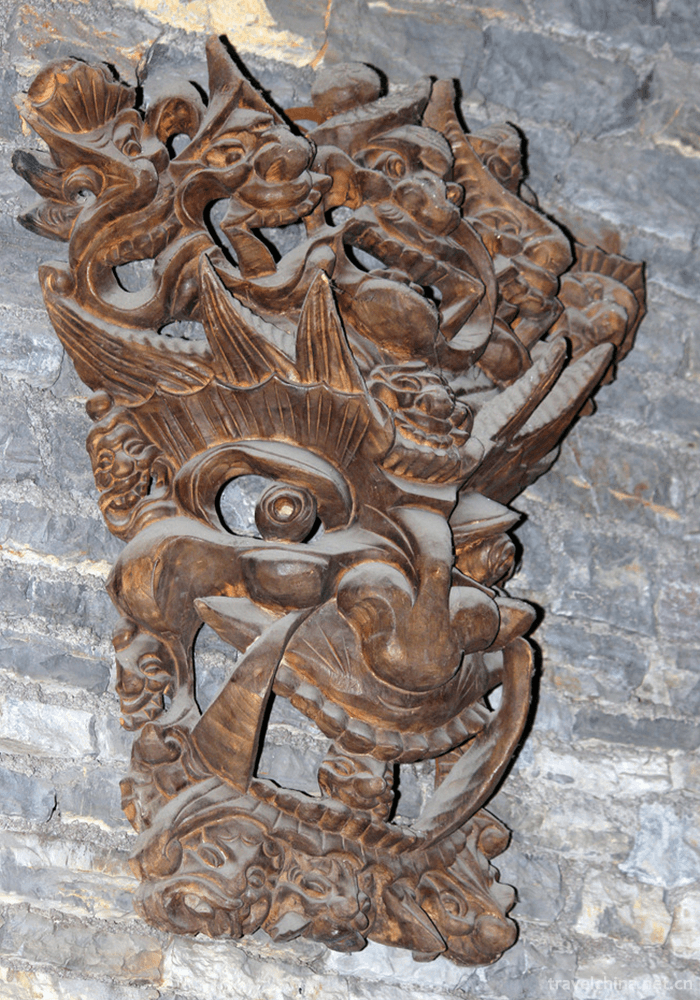
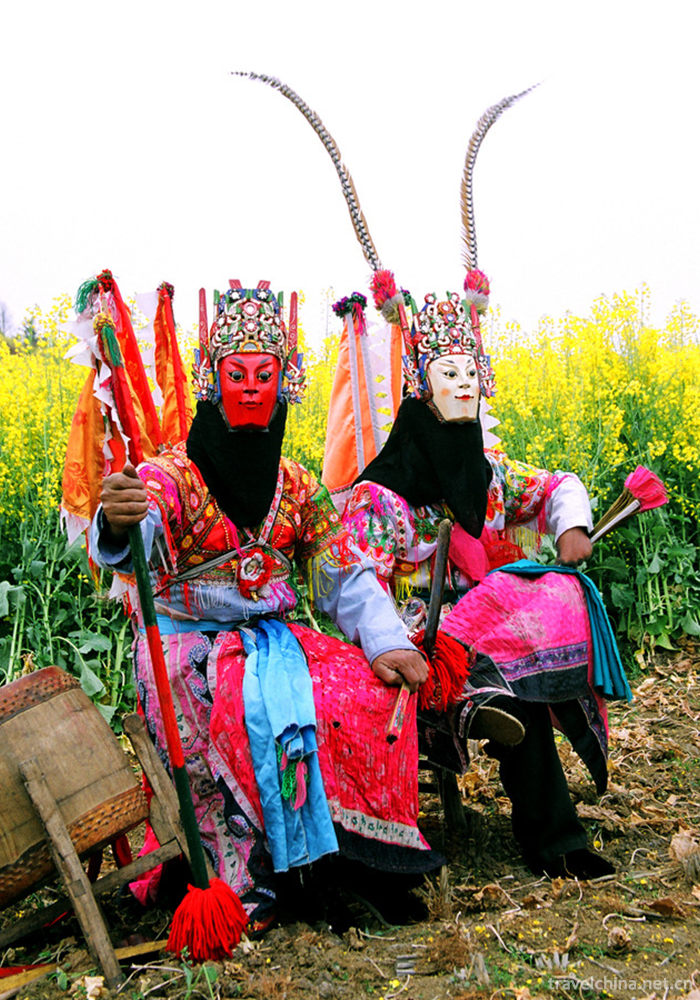
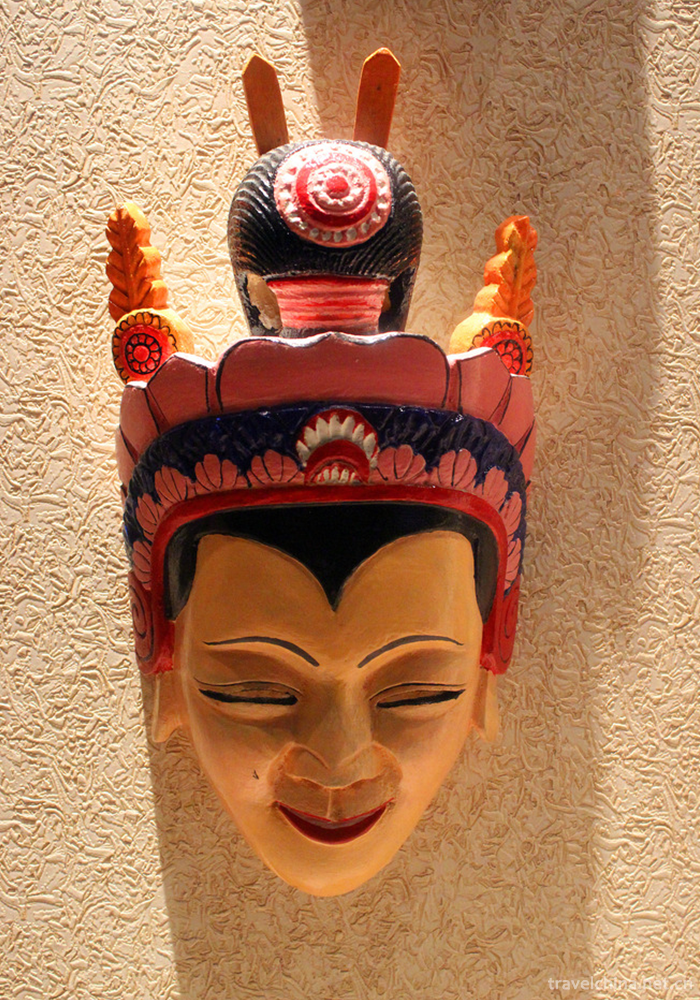
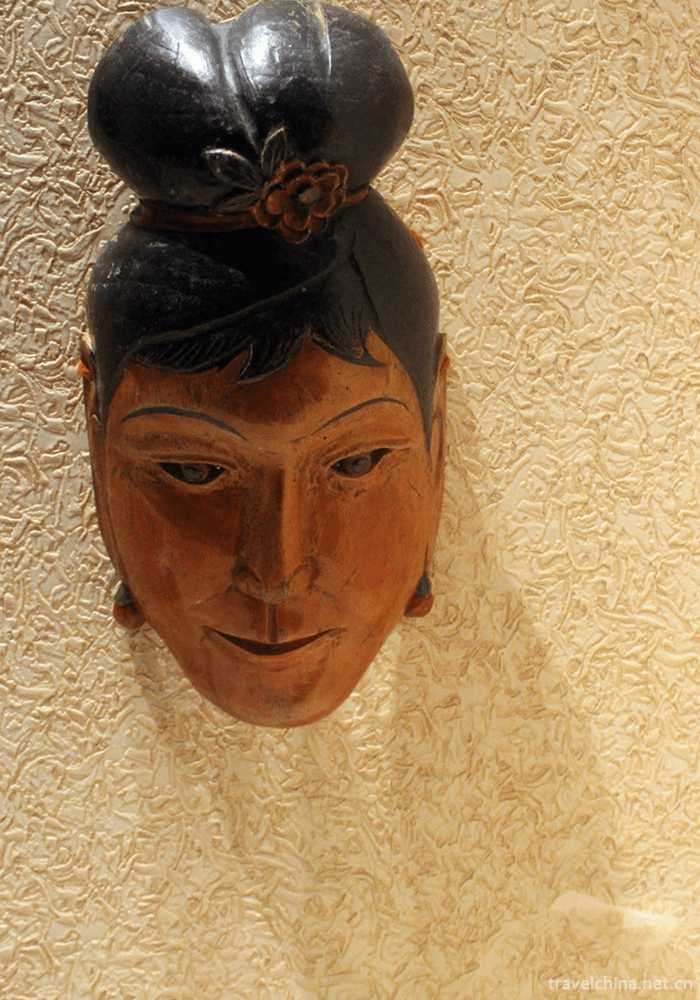
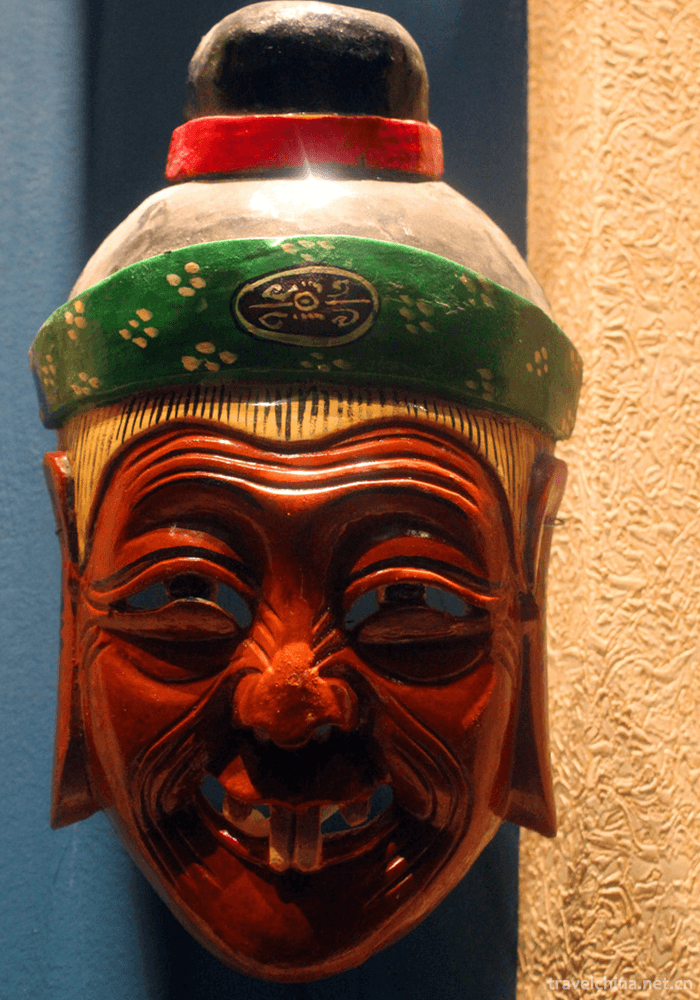
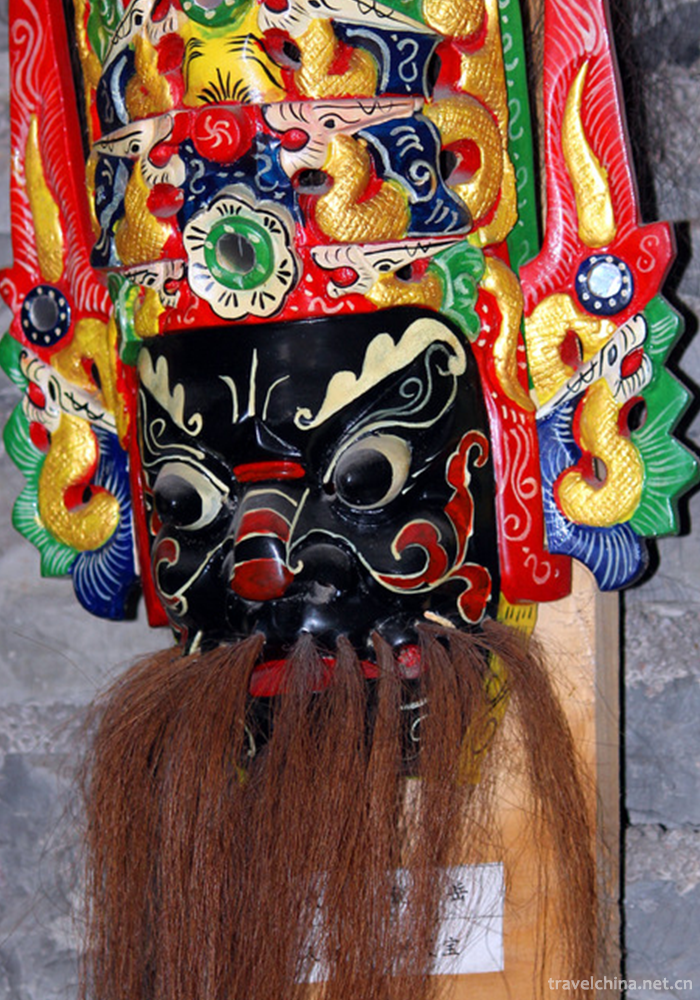
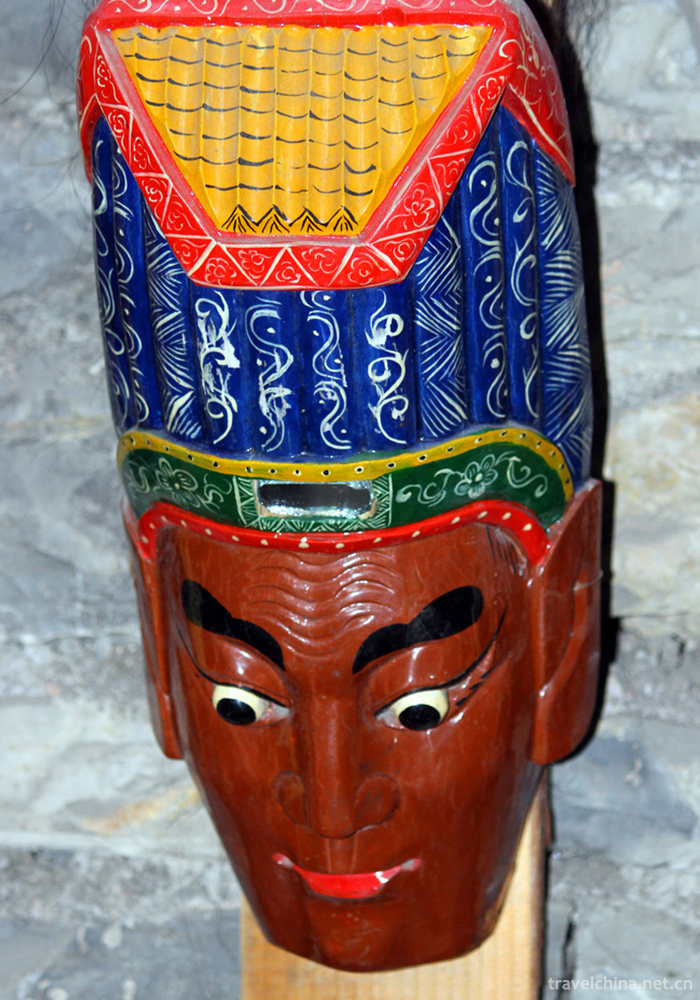
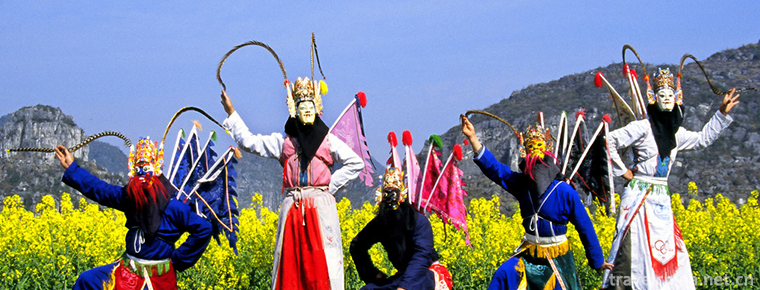
-
1.Wenchang chicken
Hainan Wenchang chicken, special product of Wenchang City, Hainan, China national geographical indication product.
Time 2018-11-05 -
2.Old boundary ridge of Funiu Mountain
Laojieling is located in the north of Xixia County, Nanyang City, Henan Province. It is located in the upper part of the south slope of Funiu Mountain
Time 2018-12-09 -
3.Swan Lake National Urban Wetland Park
Swan Lake National Urban Wetland Park, located in the ecological zone between the East and West urban areas of Sanmenxia City, covers an area of 8 850 mu, including 6 150 mu of land
Time 2019-02-21 -
4.Tianzhu Mountain National Forest Park
Tianzhushan National Forest Park, a national 4A-level tourist attraction, is located in Tianzhushan Town, 30 kilometers southeast of Shanyang County Town, Shaanxi Province, south of Huling and north o
Time 2019-02-22 -
5.Wu Songgun Taiwan Wetland Forest Park
Wu Song Gu Taiwan Wetland Forest Park: Wu Song Gu Taiwan Wetland Forest Park with a total area of 53.46 hectares is located in the eastern part of Baoshan District
Time 2019-02-22 -
6.Cangzhou Lazi
Cangzhou Laozi is a traditional folk dance with strong local characteristics in the central area of Hebei Province. Laozi is one of the representative folk dances in Hebei Province.
Time 2019-04-04 -
7.Dragon file long dang
"Dragon File", also known as "Bench Dragon", is a craft art with strong local folk traditional characteristics in Yueqing, Zhejiang Province, China. Dragon stalls are developed fro
Time 2019-05-14 -
8.Drum and percussion music in Southwest Shandong
Southwest Shandong drum music is a kind of traditional folk instrumental music in Shandong Province. It takes Jiaxiang drum music as a typical representative and mainly distributes in Jining, Zaozhuan
Time 2019-05-15 -
9.Pudong Storytelling
Pudong storytelling, also known as cymbal books, Shanghai books, peasant books and so on. Pudong pays equal attention to both storytelling and singing, pays attention to plot, and has a fast rhythm. T
Time 2019-06-09 -
10.Beijing University Of Technology
Founded in 1960, Beijing University of Technology is a multi-disciplinary municipal key university with a combination of engineering, science, economics, management, literature, law, art and education
Time 2019-09-06 -
11.China University of Mining and Technology
China University of Mining and Technology (China University of Mining and Technology), referred to as China Mining University, is located in Jiangsu province. Xuzhou City Yes
Time 2019-12-19 -
12.Shihaidong scenic spot
Shihaidong scenic spot is located in Xingwen County in the south of Sichuan Province. Because the stone forest and karst caves in the county are distributed in 17 townships, it is known as "stone sea cave town".
Time 2020-10-16